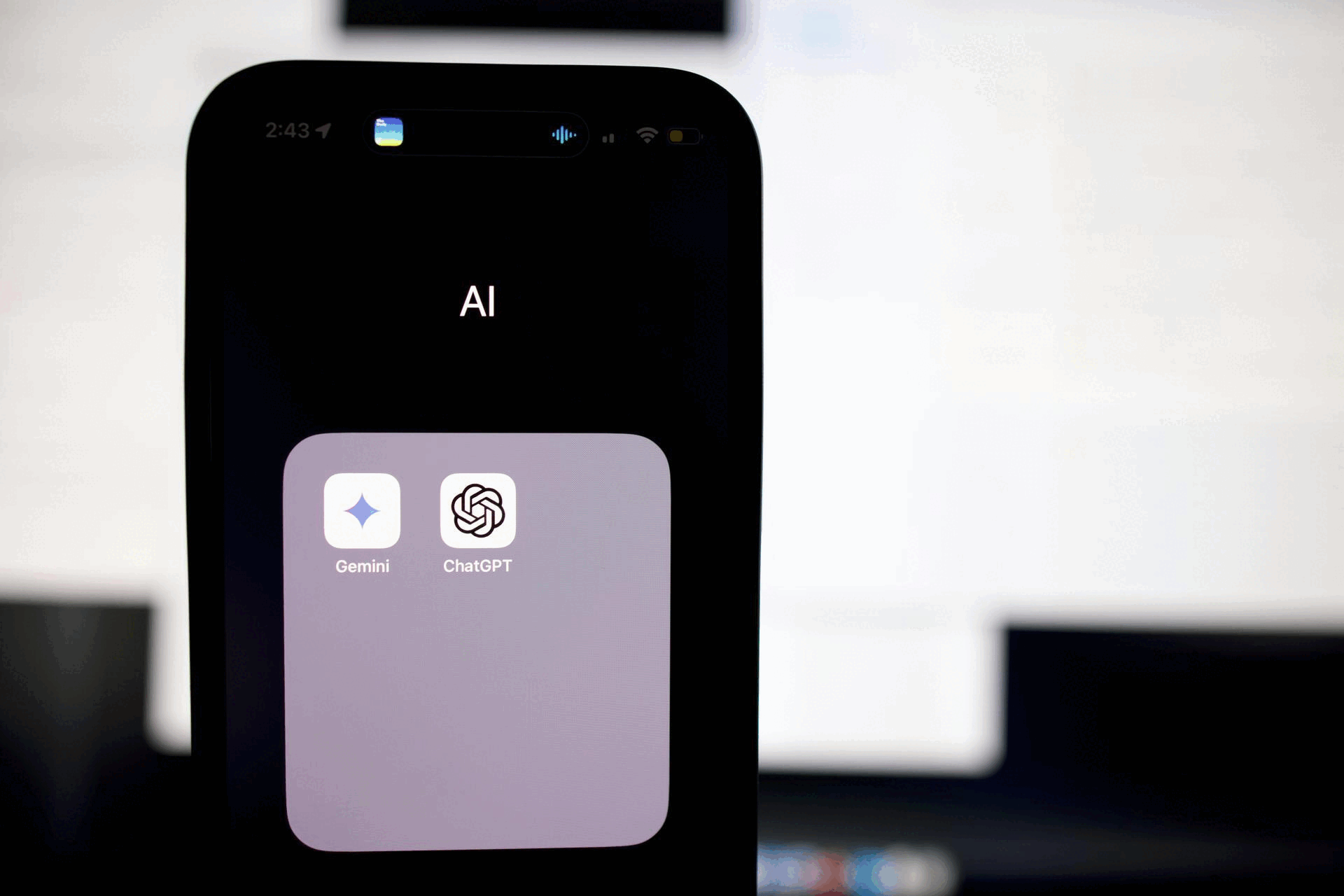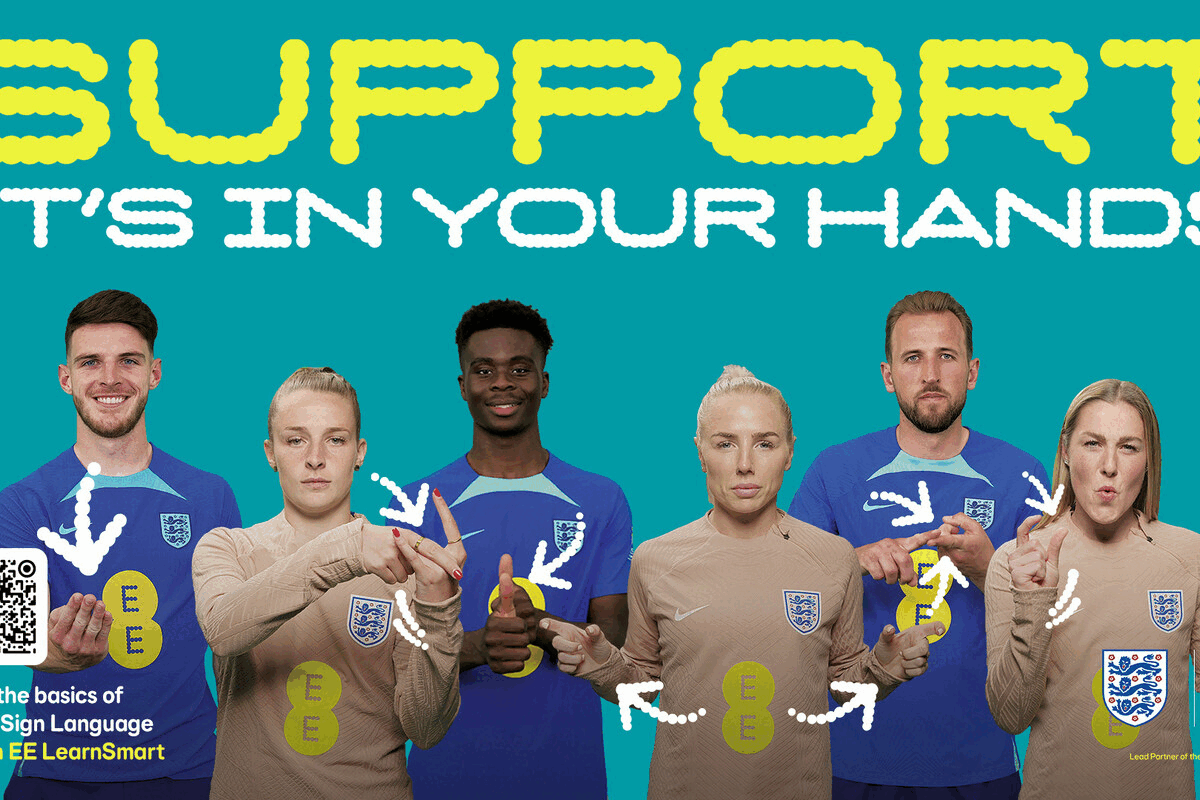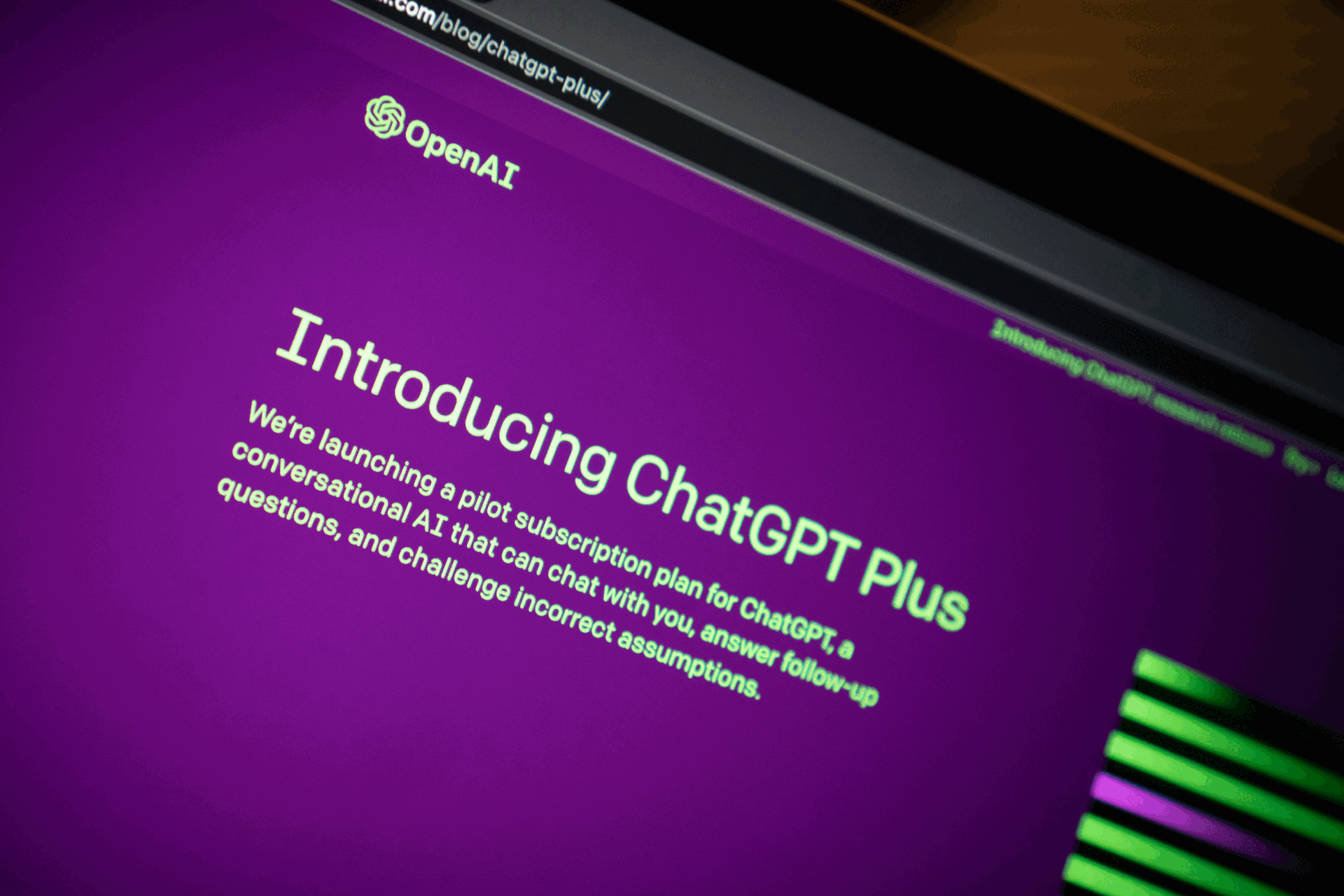New research by Informa Telecoms & Media reveals that mobile healthcare – the use of mobile communications to support health services – is a growing global trend.
Informas report, Mobile Healthcare: Markets and Trends for M-health Applications, due out next month, assesses the current and future implementations of m-health across global markets. It includes an overview of the m-health market; regional breakdowns according to market type; strategic analysis of devices, content and application trends; comparison of operator activity in the healthcare sector; and an in-depth outlook for the m-health market.
As consumer subscriptions slow down and operators look to diversify their consumer and enterprise services with niche value-adds, Informa says that the healthcare sector is becoming a major target enterprise segment under the general umbrella term of mobile healthcare.
M-health – as it is commonly referred to – is taking centre stage, and not just as part of telcos corporate social responsibility efforts. M-health services are promising cost-efficiencies and improved health outcomes with an array of services beyond the humble SMS appointment reminder.
There are obvious opportunities for wireless communications, says Informa. These include saving time spent looking for medical equipment (which reportedly costs the UK National Health Service 900 million a year) with asset tracking; connecting mobile workforces with secure and reliable networks for mobile patient data management; and enabling access to systems at the point of care. But these appear to be just the tip of the iceberg.
The explosion of mobile broadband and the promise of high data speeds with LTE (Long Term Evolution) make high bandwidth applications for remote monitoring and diagnosis an exciting value proposition, particularly considering that there are 400 million global sufferers of diabetes, chronic respiratory disease and cardiovascular disease.
Healthcare providers can monitor a patients vitals – and advise action before his condition declines – with wearable sensors which collect and wirelessly transmit biological data to a handset, or with a glucose meter embedded in a mobile device.
Healthcare organisations are beginning to acknowledge the possibility that m-health services present a viable enabler of better resource management and may alleviate long-term pressures placed on systems of ageing and chronically ill populations.
With global healthcare expenditure rising towards unsustainable levels and health systems overburdened, it is becoming increasingly imperative to find new solutions for healthcare support and delivery, Informa notes.
The market potential is significant, but can only be realised once a myriad of questions surrounding market fragmentation, technology, regulation and value chain partnerships are resolved. Innovation is fragmented, but collaborative efforts are essential to leverage mobile technology across the spectrum of healthcare.
And in developing markets, where healthcare provision is scant but mobile technology relatively ubiquitous, the mobile phone presents an ideal platform on which to create healthcare communication networks, deliver health information and survey disease spread for fast relief response and pandemic prevention. With emerging markets representing the greatest future growth potential for operators, says Informa, it is easy to see why they stand to gain in the long term from very valuable humanitarian efforts in m-health development in these markets now.
Theres more information about the report here. And you can order a copy of the report here.

Global mobile and digital marketing information, expert advice and updates straight to your inbox















